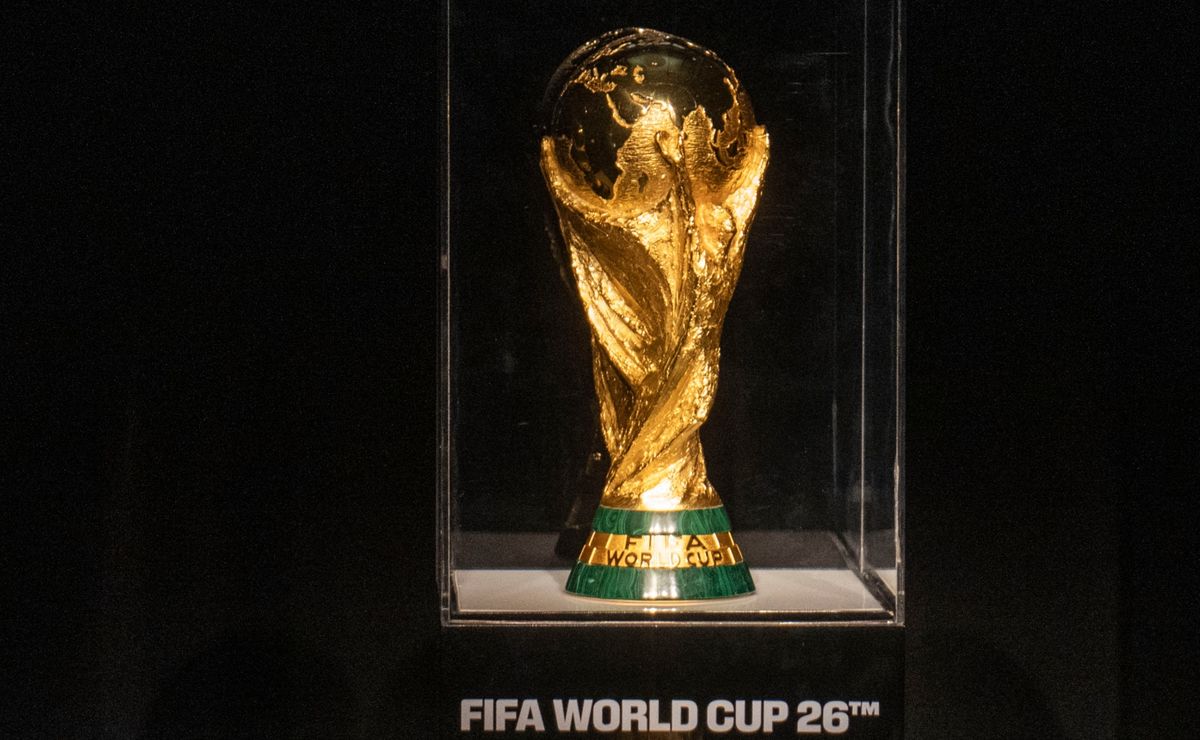
U-17 World Cup in Qatar: The High-Stakes Preview That Could Redefine 2026 FIFA’s Future
Football fever is about to hit Qatar once again, but this time it’s the U-17 World Cup stealing the spotlight. This isn’t just another youth tourney; it’s a showcase of tomorrow’s brightest talents – and a massive test run for FIFA’s ambitious expansion to 48 teams, a format set to shake things up in the 2026 senior World Cup across the US, Canada, and Mexico. Picture 12 groups, each packed with four nations battling it out for a chance to advance – from automatic qualifiers to the best third-place teams making the leap. And another twist? The champion now needs to grind through eight matches instead of seven, upping the stakes considerably. With FIFA carefully scrutinizing how the event unfolds on both the field and behind the scenes, this U-17 World Cup in Qatar promises to be a pivotal moment in football history. LEARN MORE .
In just a few days, the U-17 World Cup will begin in Qatar. The tournament will be significant not only from a sporting perspective — featuring many of the next generation’s rising stars — but also from an organizational standpoint, with FIFA keeping a close eye on how this event unfolds ahead of the 2026 senior event.
This youth competition will mark the first World Cup in history to feature 48 national teams. It will serve as a trial run for the new expanded format that will debut at the senior level next summer in the United States, Canada, and Mexico.
The structure of the tournament will mirror that of the upcoming event. In the first round, the 48 teams are divided into 12 groups of four. They will play each other within their group to determine qualification for the knockout stages. The top two teams in each group will automatically advance, while the best eight third-place finishers will also move on.
Once the 32 qualified teams are determined, the knockout bracket will be set for the Round of 32. From there, it will be a single-elimination format until two finalists meet for the title. Unlike the system used until 2022, the champion will now have to play eight matches instead of seven to lift the trophy.

Lionel Messi’s Argentina won the last World Cup played with 32 teams.
When and where will the U-17 FIFA World Cup be played?
The U-17 World Cup 2025 will kick off on Monday, November 3, and run for nearly four weeks until Thursday, November 27. A total of 104 matches will be played, creating a packed schedule — particularly during the group stage, when as many as eight games will be held each day.

see also
FIFA opens window for 2026 World Cup tickets with exclusive slots: When will the second phase of sales end?
The entire tournament will take place at the Aspire Academy, a sports complex located in Doha, Qatar. Established in 2004, the facility has developed into one of the premier training centers in the world in recent years. It features eight outdoor fields, allowing for multiple matches to be played simultaneously.
The only exception will be the final. The championship match of the U-17 World Cup 2025 will be held at Khalifa International Stadium, also in Doha. The venue hosted eight games during the 2022 FIFA World Cup, including the third-place match between Croatia and Morocco.
Which teams will compete in the U-17 World Cup?
As the first FIFA World Cup to feature an expanded 48-team format, the U-17 edition in Qatar will include a large number of nations — many of which are making rare or debut appearances on the global stage.
Below is the full list of groups:
- Group A: Qatar, Italy, South Africa, Bolivia
- Group B: Japan, Morocco, New Caledonia, Portugal
- Group C: Senegal, Croatia, Costa Rica, United Arab Emirates
- Group D: Argentina, Belgium, Tunisia, Fiji
- Group E: England, Venezuela, Haiti, Egypt
- Group F: Mexico, South Korea, Ivory Coast, Switzerland
- Group G: Germany, Colombia, North Korea, El Salvador
- Group H: Brazil, Honduras, Indonesia, Zambia
- Group I: United States, Burkina Faso, Tajikistan, Czech Republic
- Group J: Paraguay, Uzbekistan, Panama, Ireland
- Group K: France, Chile, Canada, Uganda
- Group L: Mali, New Zealand, Austria, Saudi Arabia























Post Comment